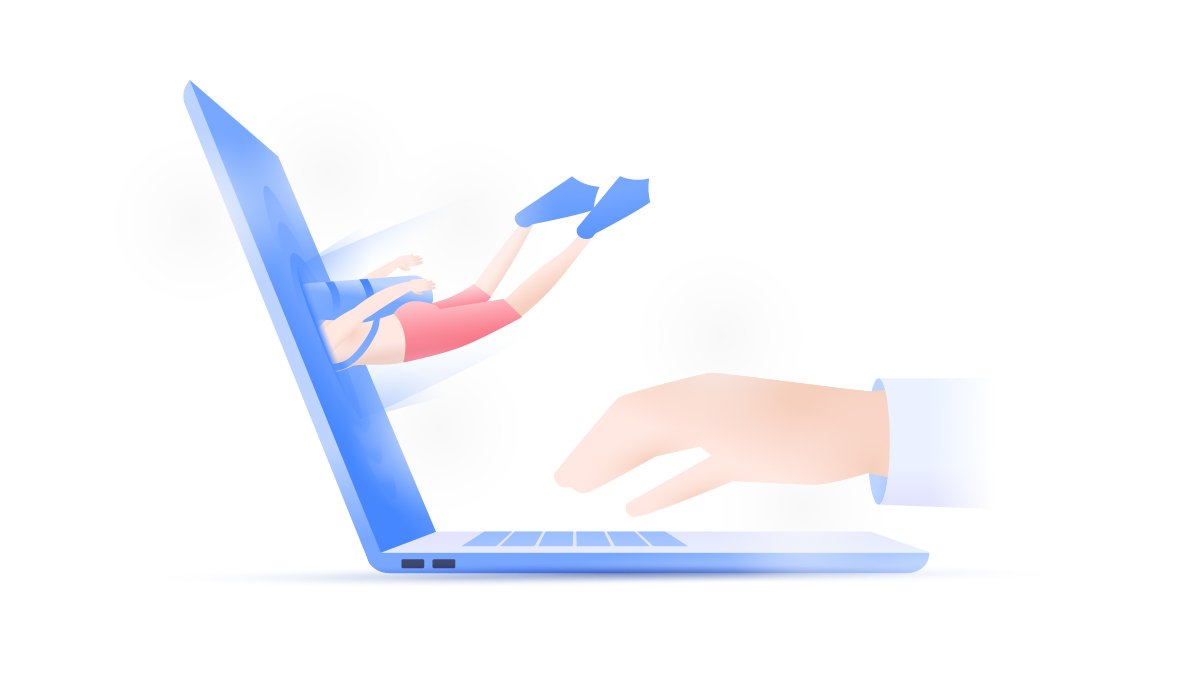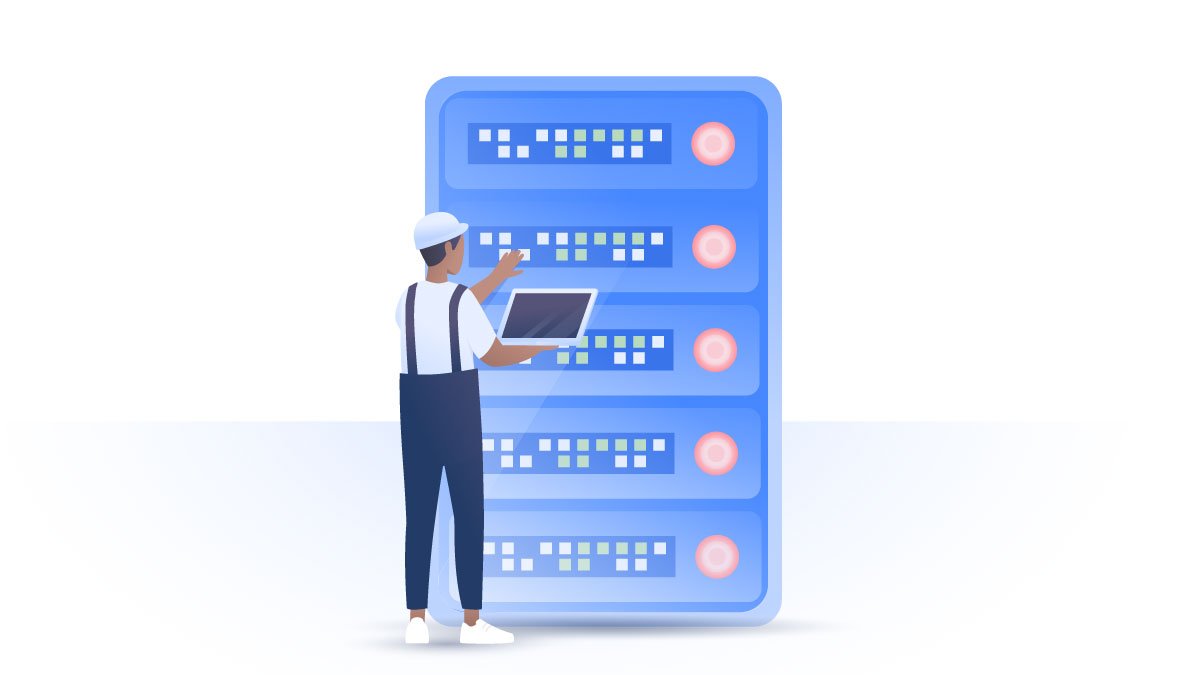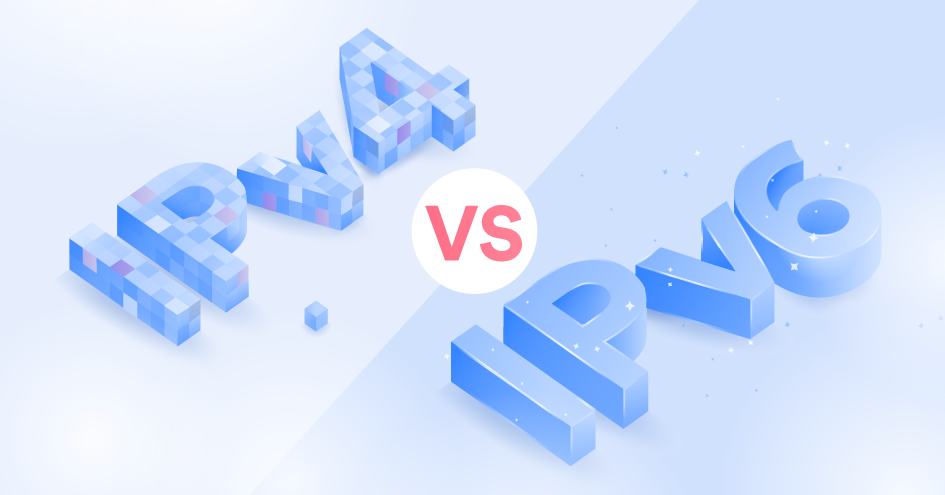What can someone do with my IP address?
Your IP address is essential for sending and receiving information online. However, if a hacker knows your IP address, they can use it to seize very valuable information, including your location and online identity. Using this information as a starting point, they could potentially hack your device, steal your identity, and more.
Zen Bahar
Oct 08, 2021 · 6 min read

There are dangers to someone knowing your IP address, but they’re rarely discussed. Criminals can use your IP to launch various cyberattacks and scams against you and others. Before we begin, however, let’s start with finding out what your personal IP address is: What is my IP?
By the end of this post, you’ll know what to protect yourself against and discover ways to hide your IP address. Pretty neat.
How can someone find my IP address?
Your IP address is a unique string of numbers assigned to you by your ISP – like a delivery address for online traffic. If you connect to a different Wi-Fi or move house, your IP address will change along with your location.
Most ISPs use dynamic IP addresses, which aren’t fixed to your device, but you can have a static IP if you wish to (you can learn more about different types of IP addresses here). For example, if you want your computer IP address to always stay the same, you'll be able to specify that through the device's settings. This can be useful when port-forwarding, if you want certain data to be sent directly from your router to your computer IP address.
Since your IP address holds certain information about you, someone may want to use it for malicious purposes. There plenty of ways people can get hold of your IP address. Here are just a few:
- By borrowing your device. If somebody borrows or uses your computer, they can find out what your IP address is in seconds, as there are countless free websites that let you do that.
- From an email. If you send an email to someone, they can check the header of the message, which could contain your IP address. Yahoo! and Microsoft Outlook are known to include IP addresses in the email header.
- Clicking on a link. Any link you click on will need to provide your iP address for the server at the other end to deliver the content provided by the link. Whoever owns that server will see your IP address.
- By hacking your router. If somebody has guessed your router’s password and logged in, they can easily view your IP address.
- From a web server. Every time you visit a website, your IP address is collected and stored on a server. Anyone who owns that server can go and look up your IP.
- Clicking on an ad. When you click on an ad, you’re giving your IP to the service provider. Some online ads can be created by malicious actors and put your security at risk.
- Participating in online forums. If you like to participate in various discussions when you’re connected to the internet at home, forum admins can view your public IP address and sniff out your location.
- Connecting to a fake hotspot. Hackers can set a fake hotspot and view your IP address and personal information or even infect your device with malware.
- On social networks. While using social media is fun, these platforms collect a lot of sensitive information about your life, friends, habits, interests, and your IP.
Is tracing an IP address illegal?
Tracing your IP address is legal as long as it’s not used for criminal activities. The websites you visit, apps you use, and even your ISP collect your IP address along with other personal information.
However, individual users can also easily trace your IP address. If they don’t intend to harm you in any way, there’s no such law that would forbid them to snoop on you — unless their curiosity involves hacking or social engineering techniques.
Does a VPN hide my IP address?
Yes, it does. A VPN completely hides your IP address and encrypts your internet connection. Even better, a VPN prevents third parties like your ISP from eavesdropping on your data. Your online activity cannot be traced back to you, giving you a powerful layer of security.
NordVPN has more than 5500 servers in 59 countries, providing you with the best speeds available. With one NordVPN account, you can protect up to six different devices: smartphones, tablets, laptops, and more. You can also install it on your router and secure gadgets that don’t support VPN functionality directly.
You can jump from one server to another in seconds, changing your IP address and masking your location. Protect your online privacy today.
What can people do with your IP?
While your IP address won’t give away sensitive information like your phone number or apartment position, hackers can still use your IP against you. If a cybercriminal knows your IP address, the consequences can be devastating:
Someone can get your location and intrude on your privacy in real life
Your IP address shows what city you’re in, so if someone ill-intentioned finds it out, you could be in trouble. Let’s say you’ve announced that you’re going on holiday on your social media. A criminal only needs to do a little extra digging to find your house and burgle it while you’re away.
Someone can use your IP to hack your device
The internet uses ports as well as your IP address to connect. There are thousands of ports for every IP address, and a hacker who has your IP can try all of those ports to brute-force a connection, taking over your phone for example and stealing your information.
If a criminal does get access to your device, they could also install malware on it, which could expose your IP.
Someone can impersonate you to get hold of your IP address
Your ISP could reveal your IP address to someone else. Criminals who know your name on social media can contact your ISP and try to impersonate you or use a vishing attack to steal your personal details. Remember that telecom operators are only humans who use systems with vast amounts of personally identifiable information.
Employers can track your activity
IPs are owned by ISPs, and each IP is assigned to a user. When you’re connected to your work network your employers could potentially see and track everything you do online – giving you hardly any privacy at all.
A hacker can hit you with a DDoS attack
If a hacker has your IP address, they could harm you with a DDoS (Distributed Denial of Service) attack. A DDoS attack uses an army of computers controlled by a hacker to flood your device with traffic so it disconnects from the internet and completely shuts down.
Cybercriminals can frame you for illegal activity
Hackers are known to use hacked IP addresses to download illegal content that threatens national security as well as anything else they don’t want traced back to them. Protect your IP address, and you will protect yourself.
How do I stop someone from using my IP address?
You should always protect any personally identifiable information even if you think the risks do not apply to you. With enough determination, a bad actor can stitch together an entire identity just by going online, and your IP could be the starting block.
Here are three ways to protect your IP address and prevent yourself from being exploited by hackers:
- Change your privacy settings
- Update your firewall and router
- Use a VPN
Change the settings on all your instant messaging as well as any other apps to “private” and don’t accept calls or messages from people you don’t know. Hackers are known to gain access to your IP address through messaging apps like Skype.
A criminal can hack your router remotely and retrieve your IP address, especially if you’re still using the default one. Change the password of your router regularly and be sure to use a long mix of upper and lower case letters, numbers, and special characters.
A VPN will protect your IP address and your private information. By routing your online data through a VPN server with its own IP address, you can prevent websites from logging information about your device and location. While you might be principally interested in VPNs for their IP-switching functionality, they also come with a range of additional features.
What other benefits can a VPN offer?
A VPN will establish an encrypted tunnel between your device and a VPN server. That means that no one can spy on your data as it moves from your device to the server — not even your internet service provider (ISP).
Data has never been more valuable. Your ISP can monitor your activity and sell that information to advertisers and other third parties. Hackers can steal your passwords and use your private details to launch phishing attacks. It's vital that you protect your data.
NordVPN provides a number of extra features that you might find particularly useful. Our CyberSec system will enhance your protection against malware by shielding you from high-risk websites and other known threats. When Kill Switch is enabled, you can avoid any unexpected data exposure. And with the NordLynx protocol, you can enjoy unrivaled speeds, without compromising on security.


